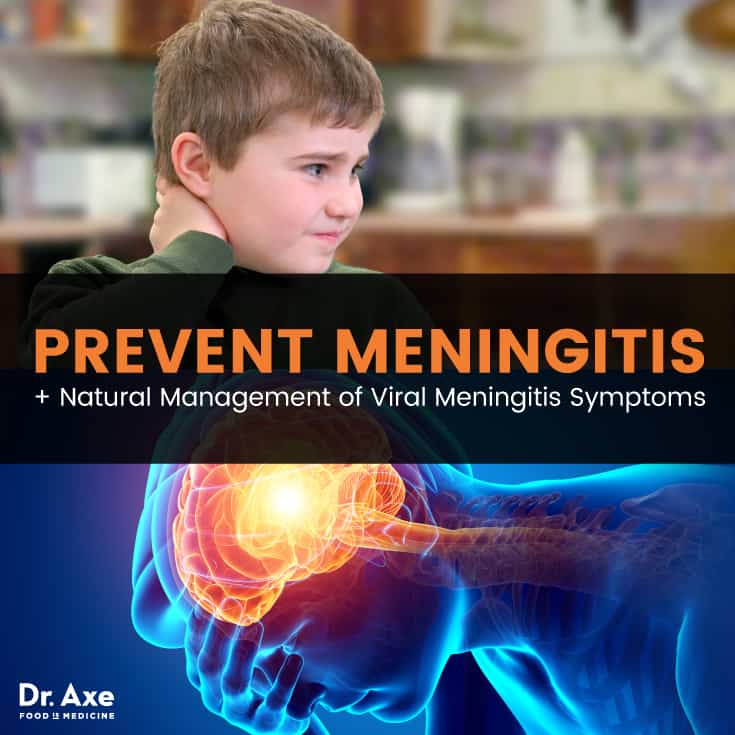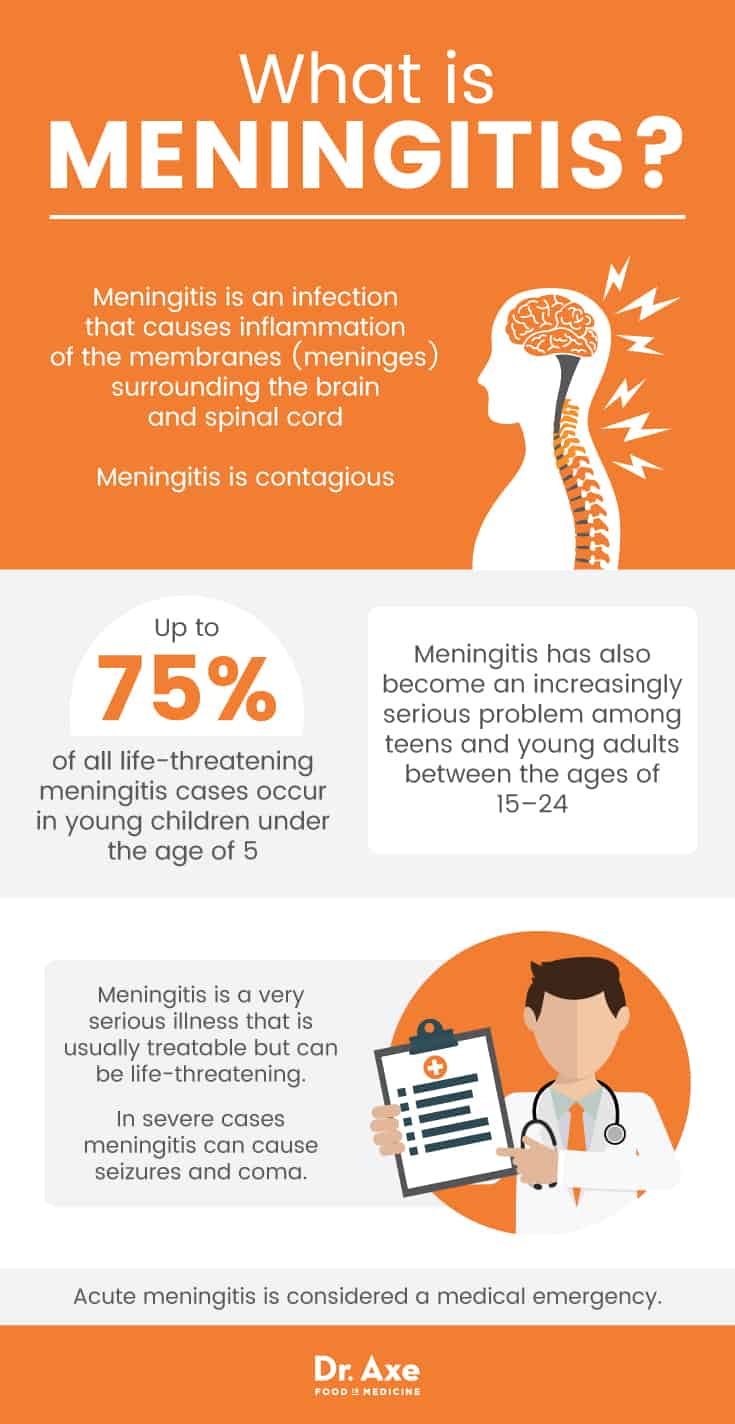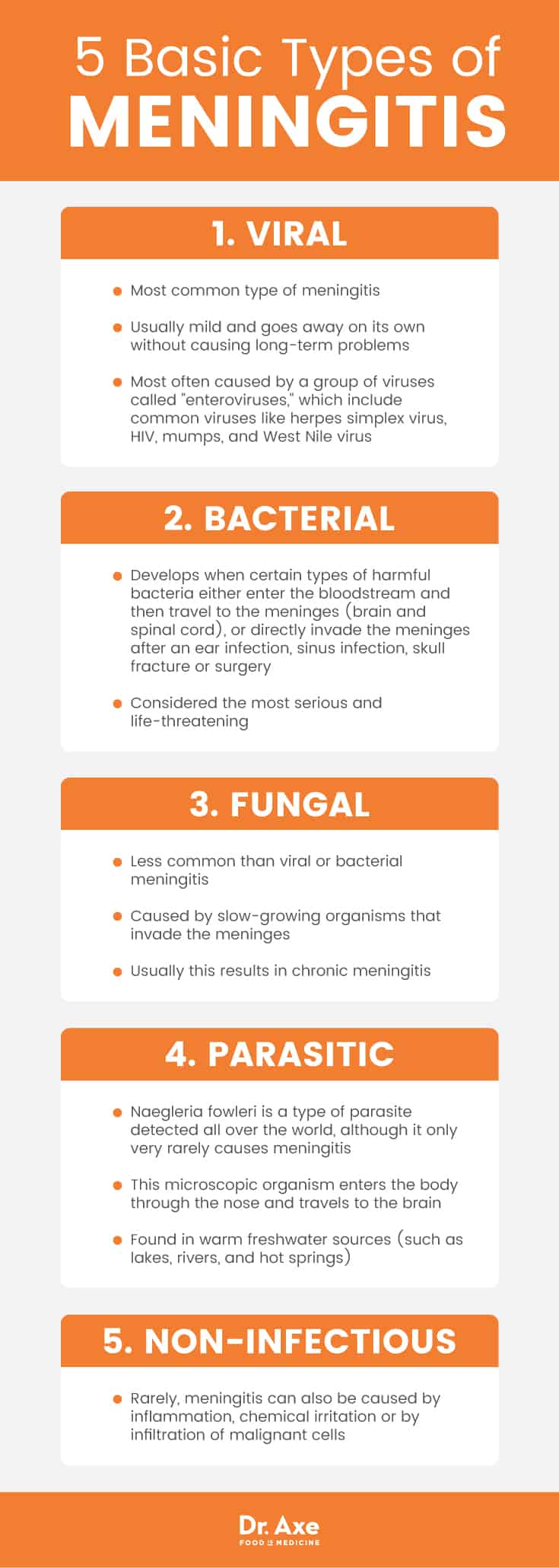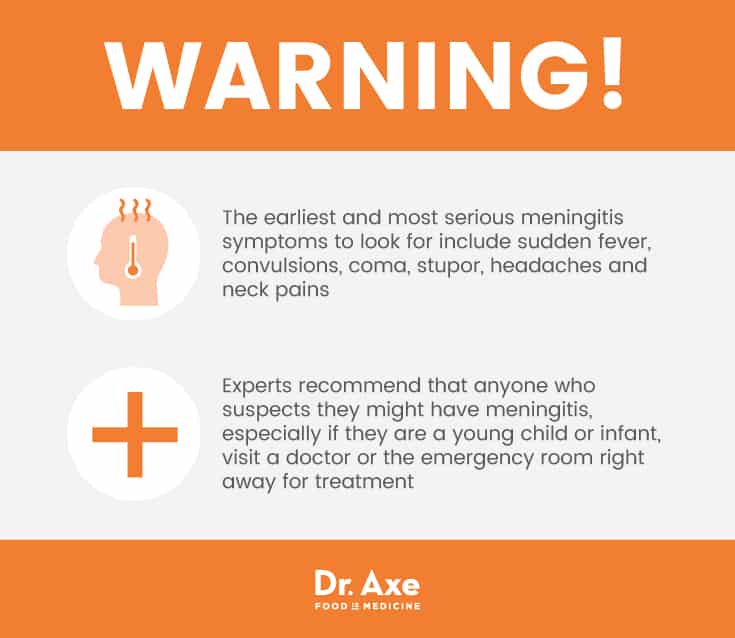This Dr. Axe content is medically reviewed or fact checked to ensure factually accurate information.
With strict editorial sourcing guidelines, we only link to academic research institutions, reputable media sites and, when research is available, medically peer-reviewed studies. Note that the numbers in parentheses (1, 2, etc.) are clickable links to these studies.
The information in our articles is NOT intended to replace a one-on-one relationship with a qualified health care professional and is not intended as medical advice.
This article is based on scientific evidence, written by experts and fact checked by our trained editorial staff. Note that the numbers in parentheses (1, 2, etc.) are clickable links to medically peer-reviewed studies.
Our team includes licensed nutritionists and dietitians, certified health education specialists, as well as certified strength and conditioning specialists, personal trainers and corrective exercise specialists. Our team aims to be not only thorough with its research, but also objective and unbiased.
The information in our articles is NOT intended to replace a one-on-one relationship with a qualified health care professional and is not intended as medical advice.
Prevent & Manage Meningitis Symptoms 5 Natural Ways
November 15, 2017

Acute meningitis is considered a medical emergency. A very scary finding shows a high percentage (up to 75 percent) of all life-threatening meningitis cases occur in young children under the age of 5. Meningitis has also become an increasingly serious problem among teens and young adults between the ages of 15–24, due to how certain contagious types can spread easily in crowded school or university settings.
Of all the types of meningitis, bacterial meningitis is considered the most serious and life-threatening. While about 50 percent of bacterial meningitis cases were fatal in the past, this statistic has dropped significantly to about 10–15 percent thanks to recent medical advancements. (1)
Meningitis is such a serious condition because it directly threatens the health of the brain and poses many risks to the central nervous system (CNS). Some of the earliest meningitis symptoms — which should be treated right away to prevent complications — include sudden severe headaches, high fever, vomiting and neck pain.
How likely is it that meningitis will cause serious complications or long-term damage? This depends on factors including: the specific type of pathogen that is causing the illness; how long it takes the affected patient to receive treatment (the longer the delay, the greater the potential for complications); and the health and age of the patient.
What Is Meningitis?
Meningitis is an infection characterized by “inflammation of the membranes (meninges) surrounding the brain and spinal cord.” (2) Meningitis can be caused by a viral infection (the most common type), bacterial infection or, rarely, parasitic or fungal infection. Infants, children, teens and adults can all develop meningitis, although different types of meningitis tend to affect different age groups.
Meningitis causes dysfunction of the meninges, along with cerebrospinal fluid (CSF), which is fluid that protects the structures of the central nervous system.
Meninges are defined as “the three membranes (the dura mater, arachnoid, and pia mater) that line the skull and vertebral canal and enclose the brain and spinal cord.” The meninges, along with cerebrospinal fluid, basically serve as the brain’s protectors, form a barrier that helps to prevent germs or any traumatic process from directly affecting the brain.
CSF is located in the head and along the entire spinal cord, helping the spinal cord to basically “float” and serving as a buffer against trauma. When someone develops meningitis the germs (viruses, bacteria or fungus) that cause the disease make their way into the cerebrospinal fluid.

Signs & Symptoms of Meningitis
Meningitis symptoms have a lot in common with symptoms of the flu, which is why the two illnesses are commonly confused. Symptoms of bacterial meningitis and viral meningitis symptoms develop more quickly than spinal meningitis or other types, usually over the course of several days.
Meningitis symptoms can differ somewhat depending on which type of meningitis someone has, although developing a fever, having strong headaches, vomiting and experiencing neck stiffness are common symptoms among all types. (3) For many patients, the infection first starts as a respiratory or ear infection and then spreads to the organs, bloodstream and brain.
In children (over the age of 2) and adults the following meningitis symptoms are most common: (4)
- nausea, stomach cramps, vomiting
- fatigue, drowsiness, sluggishness
- confusion and disorientation
- severe headaches
- sensitivity to bright light
- poor appetite and decreased thirst
- less often, abnormal skin color or skin rash
- very cold hands and feet
- muscle aches or joint pain
- rapid breathing and chills
Meningitis symptoms in infants/babies can include: (5)
- sudden high fever
- irritability and constant crying (including when being held)
- difficult eating or with breast-feeding
- fatigue/lethargy and abnormal inactivity
- a bulge in the soft spot on top of a baby’s head
- and signs of stiffness in the body and neck.
Meningitis complications:
Meningitis is a very serious illness that is usually treatable but can be life-threatening. In severe cases meningitis can cause seizures and coma. Sometimes inflammation of the encephalic structures (encephalitis) can also develop if treatment is too late or isn’t able to control the infection. When treatment is delayed there is also the risk of developing permanent brain damage, hearing loss, or neurological damage, especially in susceptible patients such as infants, young children or the elderly.
Types of Meningitis
1. Viral meningitis
This is the most common type of meningitis, but fortunately it’s usually mild and goes away on its own without causing long-term problems. Most often viral meningitis is caused by a group of viruses called “enteroviruses,” which include common viruses like herpes simplex virus, HIV, mumps and West Nile virus. These viruses affect people most often when the weather is warm (summer and early fall), but can be acquired at any time of year.
2. Bacterial meningitis
Bacterial meningitis develops when certain types of harmful bacteria either enter the bloodstream and then travel to the meninges (brain and spinal cord), or directly invade the meninges after an ear infection, sinus infection, skull fracture or surgery.
What is the difference between meningitis and meningococcal disease? According to the CDC, “Meningococcal disease is any illness caused by a type of bacteria called Neisseria meningitidis. These illnesses are serious and include meningitis and bloodstream infections (septicemia).” (6) There are four primary types of bacterial meningococcus meningitis: types A, B, C and Y. Meningococcal meningitis can affect people of any age, but it is more common in children and young adults. This type can occur at any time of the year but is more common during the winter and early spring.
The strains of bacteria that can cause bacterial meningitis are: (7)
- Streptococcus pneumoniae — currently the most common cause of bacterial meningitis in infants, young children and adults. This type occurs when bacteria spread from the bloodstream. It is sometimes called pneumococal meningitis, which tends to follow an ear infection or head injury.
- Neisseria meningitidis — usually causes an upper respiratory infection and affects teenagers and young adults. According to the World Health Organization, Neisseria meningitidis has the potential to cause large epidemics. There are 12 serogroups of N. meningitidis that have now been identified, six of which (A, B, C, W, X and Y) experts believe are capable of causing epidemics. (8)
- Haemophilus influenzae — used to be the leading cause in children.
- Listeria monocytogenes — also called listeria and found in bacteria-prone foods including unpasteurized cheeses and deli meats/processed meats like hot dogs and cold cuts.
3. Fungal meningitis
Fungal meningitis is less common than viral or bacterial meningitis and is caused by slow-growing organisms that invade the meninges. Usually this results in chronic meningitis, which causes long-term symptoms including headaches, fever, vomiting and mental cloudiness. Unlike viral and bacterial meningitis, fungal meningitis isn’t contagious. People who have weakened immune systems/immune deficiencies are most at risk, including people with HIV/AIDS, cancer or autoimmune diseases.
4. Parasitic meningitis
Naegleria fowleri is a type of parasite that has been detected all over the world, although it only very rarely causes meningitis. This microscopic organism enters the body through the nose and travels to the brain. It is found in warm freshwater sources (such as lakes, rivers, and hot springs) and can also be transmitted by contaminated soil run-off or warm water discharged from industrial sources. Rarely, it may be acquired when swimming in contaminated pools or hot tubs that use water heaters.
5. Non-infectious meningitis
As described above, meningitis is usually caused by bacteria, viruses, fungi or other infectious agents. However, rarely meningitis can also be caused by inflammation, chemical irritation or by infiltration of malignant cells.

Meningitis Causes & Risk Factors
Pathogens (or germs) that cause meningitis penetrate the central nervous system structures through three possible routes: by traveling through the bloodstream, by by proliferating near the meninges following an infection, or by direct contact.
Is bacterial meningitis contagious? Yes!
The bacteria that cause meningitis can be transmitted from person-to-person through droplets of respiratory or throat secretions, which happens most often from close contact. Transmission can happen within about two to four days due to kissing someone who is infected or from sneezing, coughing, living in close quarters, sharing eating or drinking utensils, or intercourse. What’s surprising is that experts believe up to 20 percent of the population carries Neisseria meningitidis in their throat at any given time, but the bacteria don’t normally cause infection in most cases.
Risk factors for developing meningitis include: (9)
- Recovering from an illness, such as the flu or an infection (especially an ear, sinus or respiratory infection).
- Living in close quarters where diseases can easily spread, such as college campuses/dormitories, boarding schools, military bases or nursing homes.
- Being a pregnant woman, or mother to a newborn. During pregnancy listeria is capable of crossing the placental barrier and causing an infection that can be fatal to the fetus.
- Being an older adult who has a weakened immune system.
- Due to contact with fecal contamination, typically when proper hand-washing isn’t practiced. This can also happen when changing diapers or using public toilets that someone who is infected has used.
- Any type of spreading of eye, nose, and mouth secretions, or blister fluid.
- Recently suffering from some type of chemical reaction or drug allergy.
- Recovering from cancer or an inflammatory disease such as sarcoidosis.
- Recovering from surgery, especially surgery where incisions are made in the head/skull. Surgery is the riskiest among people with AIDS, diabetes, alcoholism or those who are taking immunosuppressant medications.
Conventional Treatments for Meningitis
Treatment for meningitis will depend on the type that someone has (the specific pathogen causing the infection).
Treatment Approaches:
The most common way that meningitis is treated is using intravenous antibiotics (for bacterial meningitis) and/or broad spectrum antibiotics. Depending on the meningitis symptoms that a patient is experiencing, other treatments may also be needed to control shock, swelling of the brain, convulsions, infected sinuses and dehydration. Sometimes surgery is needed to relieve brain-inflamed membranes and reduce swelling/pressure surrounding the brain.
Antibiotics do not work to treat bacterial meningitis. Most viral cases are mild and will resolve without treatment within several weeks (much like the flu). During this time it’s recommended that the patient gets lots of rest (even bed rest), avoids close contact with others and takes over-the-counter pain medications to reduce muscle aches and pains. Additionally, sometimes antiviral medications are used to help speed up the healing process.
A Word about Meningitis Vaccines:
- Vaccines for meningitis include: the Haemophilus influenza type b (or Hib vaccination), pneumococcal conjugate and polysaccharide vaccines, and meningococcal (MCV4) vaccine.
- These vaccines are not able to prevent all cases of meningococcal disease and do not work to treat an infection that has already developed. There are also no vaccines available at this time to protect against enteroviruses, the most common cause of viral meningitis.
- Keep in mind that although it’s very serious, meningitis is treatable.
- Sometimes vaccines can cause serious allergic reactions. If you choose to vaccinate, make sure you know the risks and can recognize the signs of an allergic reaction.
5 Natural Ways to Prevent & Manage Meningitis Symptoms
- Protect children who are most susceptible.
- Prevent person-to-person transmission.
- Improve immune function and practice healthy habits.
- Be extra cautious if you’re pregnant.
- Manage pain and stiffness naturally.
1. Protect Children Who Are Most Susceptible
Bacterial meningitis is usually a “disease of children” and acquired from an adult carrier, most often from someone in the child’s immediate family. If a child is sick, they should always be kept home from day care or school. And if you’re a parent who is sick you should be careful to get medical attention and avoid close contact with your child before you have been cleared by a doctor.
Whenever a child develops a fever they should immediately be seen by a doctor and kept away from other susceptible children. Young children should be taught to always wash their hands after going to the bathroom and ideally before eating or putting anything near their mouth.
2. Prevent Person-to-Person Transmission
In teens and young adults, the infection is commonly acquired while at school/college/university from other students living in the close quarters. Students, or people living on military bases or in nursing homes, should always be careful to stay home when ill and cover their mouth and nose when they are sick, especially when they cough or sneeze.
You can help to prevent meningitis from spreading by always washing your hands thoroughly and avoiding direct contact with anyone who is sick. Be very careful about kissing or having intercourse with someone else who is sick. Also use caution when it comes to sharing utensils, beauty products like razors or tweezers, toothbrushes, cigarettes, etc.
3. Improve Immune Function & Practice Healthy Habits
You can help to naturally protect yourself from viruses and bacterial infections by eating a nutrient-dense anti-inflammatory diet, getting enough sleep and rest, exercising regularly, and avoiding taking any medications that are not necessary. If you frequently develop infections or viruses then talk to your doctor about ways you can protect yourself, such as using anti-viral herbs, adaptogen herbs, or other supplements.
You can also increase your protection by avoiding swimming in suspicious lakes or streams and using precautions to avoid insect bites (especially from mosquitoes and other insects that carry diseases that can infect humans). Controlling rodents (mice and rats) in and around your home can also reduce the possibility of acquiring an infection due to contact with contaminated feces.
4. Be Extra Cautious if You’re Pregnant
Pregnant women need to be careful to avoid foods that contain listeriosis, although this is rare. Foods that are most likely to be contaminated include: soft cheeses and unpasteurized dairy products (although this is a bit controversial), processed meats like hot dogs and deli meats, raw meat, raw eggs and raw. Meat, dairy and other animal products should be heated to 165 degrees F (or 74 C) to kill listeria bacteria. (7) Pregnant women should also follow the advice above regarding keeping themselves healthy and their immune systems strong.
5. Manage Pain & Stiffness Naturally
If you have viral meningitis and are resting while overcoming the infection, there are certain things you can do to help lower discomfort and support healing. Here are some ways to manage meningitis symptoms like headaches, neck stiffness, fever and body aches:
- Get plenty of sleep. Keep your bedroom or home comfortable by keeping the temperature low and limiting strong light that can trigger headaches.
- Try natural pain relievers for your neck or head including applying peppermint essential oil to the sore area. You can also sit in a soaking bath with Epsom salts, and if you’d like some added essential oil like lavender oil to reduce tension.
- Take an over-the-counter pain medication if headaches or neck stiffness becomes bad, such as acetaminophen or ibuprofen.
- Try gentle massage and applying ice packs to achy areas in order to improve blood flow and decrease swelling.
- Prevent dehydration by drinking enough water throughout the day or fluids like coconut milk and herbal tea. Eat water-rich foods like fruits and vegetables if possible. You can also sip on a fruit smoothie, bone broth or soup to stay hydrated if your stomach can tolerate it.

Precautions When Treating Meningitis
Experts recommend that anyone who suspects they might have meningitis, especially if they are a young child or infant, visit a doctor or the emergency room right away for treatment. It’s important not to wait to see if meningitis symptoms will go away on their own, because with time the illness usually worsens and becomes more complicated to treat.
The earliest and most serious meningitis symptoms to look for include sudden fever, convulsions, coma, stupor, headaches and neck pains. Alert your doctor of all the signs and symptoms you’ve experienced and discuss any risk factors that apply to you. If you or the person who is ill is feeling very disoriented or fatigued, then don’t drive to the hospital, but rather call 911 for help.
Key Points
- Meningitis is an infection characterized by inflammation of the membranes (meninges) surrounding the brain and spinal cord.
- The earliest meningitis symptoms include sudden severe headaches, high fever, vomiting and neck pain or stiffness.
- Treatments depend on which type of meningitis someone has (viral, bacterial, fungal, non-infectious or parasitic) and can include antibiotics, intravenous fluids and, rarely, surgery.
5 Natural Ways to Prevent & Manage Meningitis Symptoms
- Protect children who are most susceptible.
- Prevent person-to-person transmission.
- Improve immune function and practice healthy habits.
- Be extra cautious if you’re pregnant.
- Manage pain and stiffness naturally.








